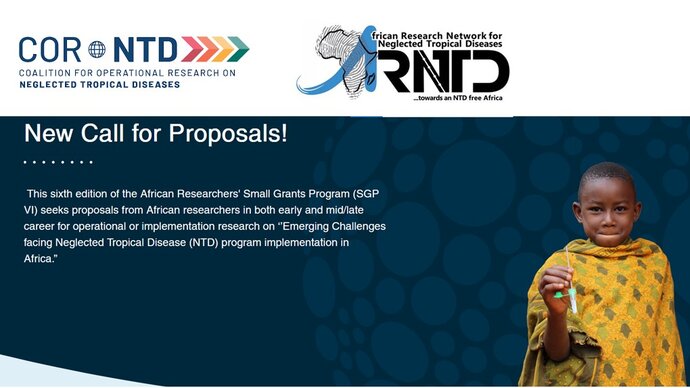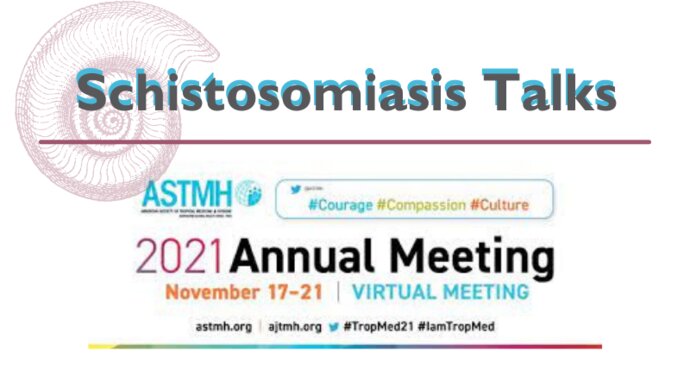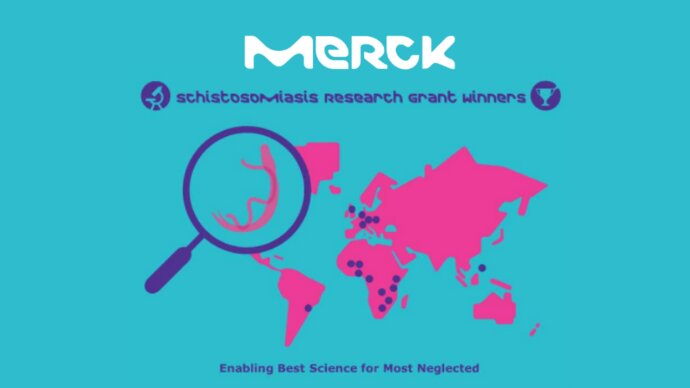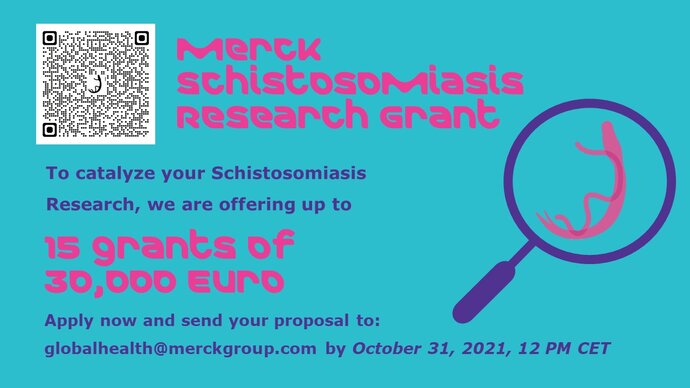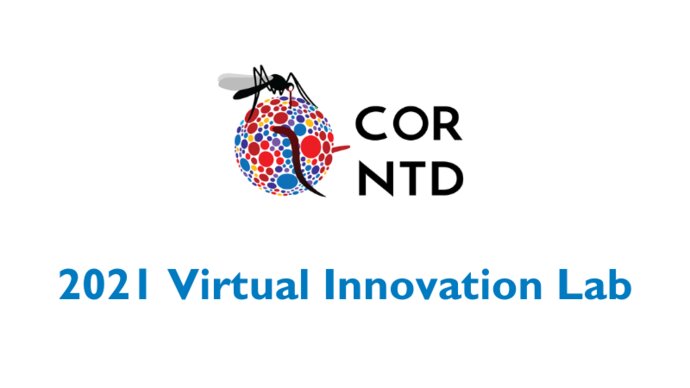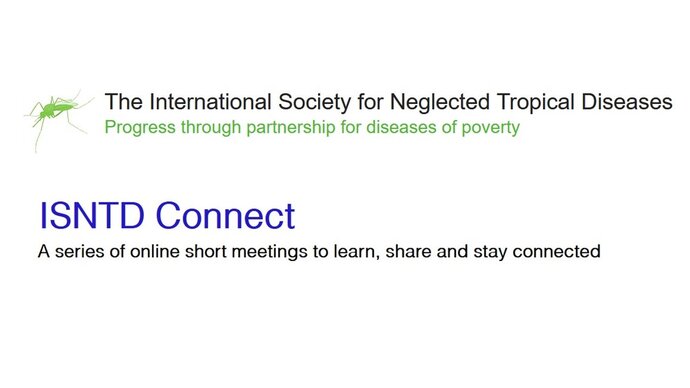Research
Purpose and Priorities
The GSA Research WG purpose is to convene researchers around research priority needs that would benefit from a coordinated, multi-researcher approach in order to deliver beneficial outputs. Outputs include but are not limited to a meeting to highlight/promote particular needs/challenges/findings/tools, a strategy to disseminate new findings/challenges/tools, development of tools to accelerate priority research, a network to promote schistosomiasis control and elimination good practices from research findings, setting up specific interest groups to support knowledge dissemination and peer-to-peer learning etc.
By working together the RWG is also in a stronger position to advocate for key priorities and amplify key messages.






